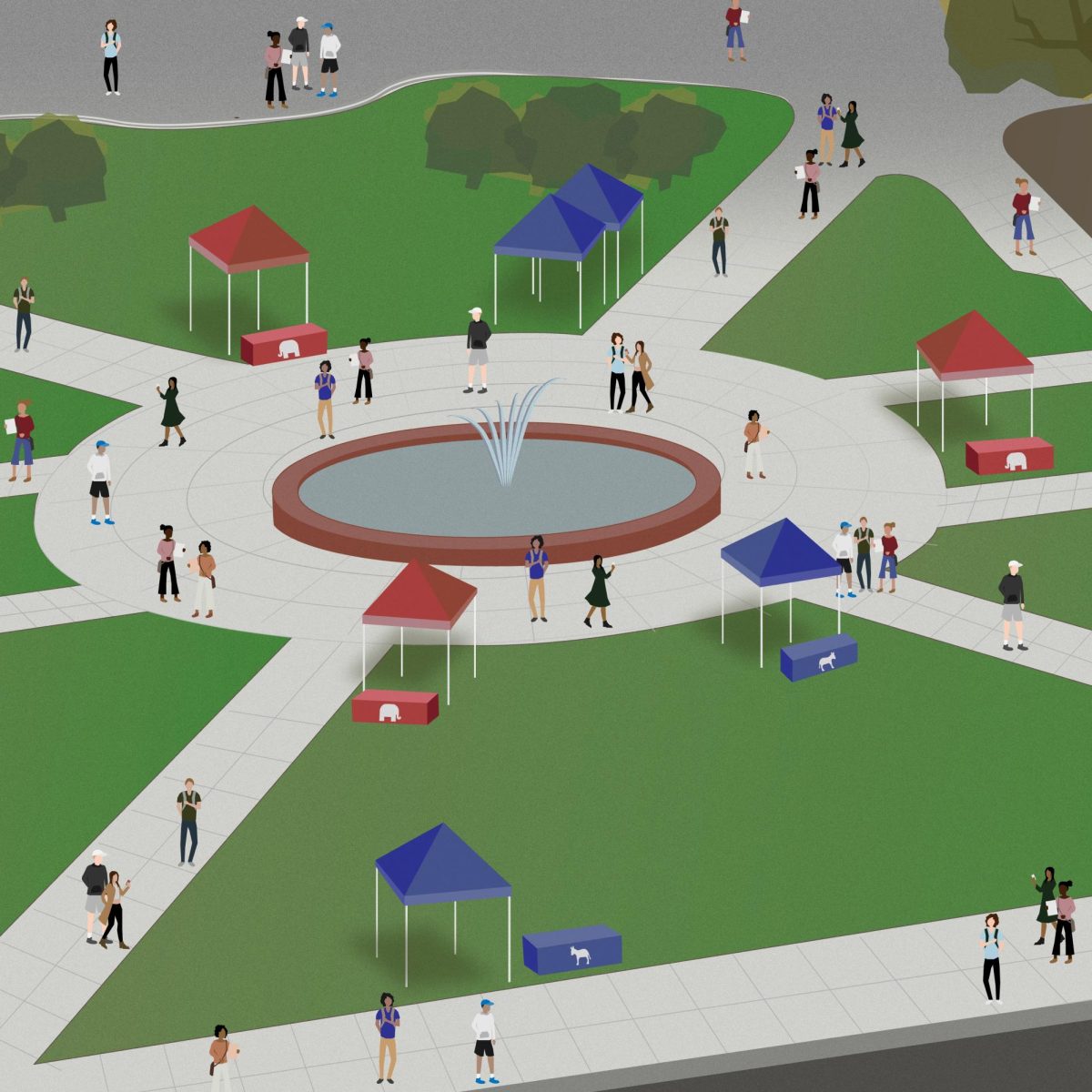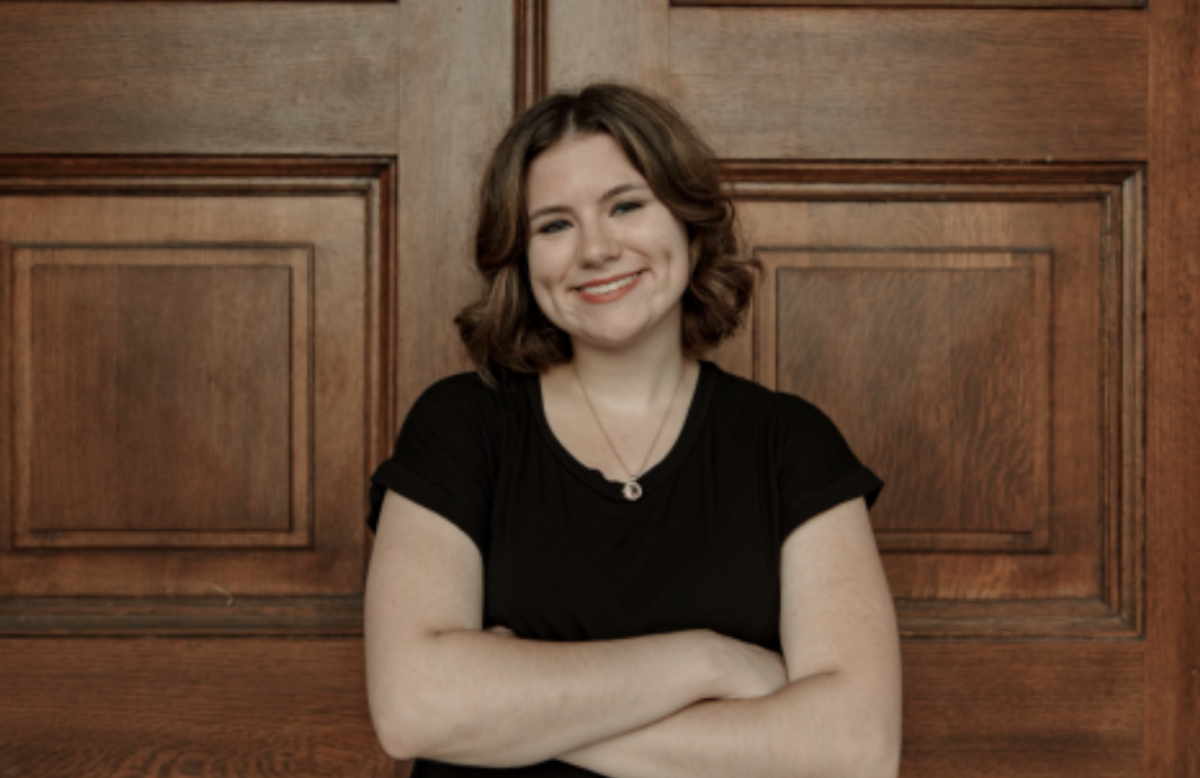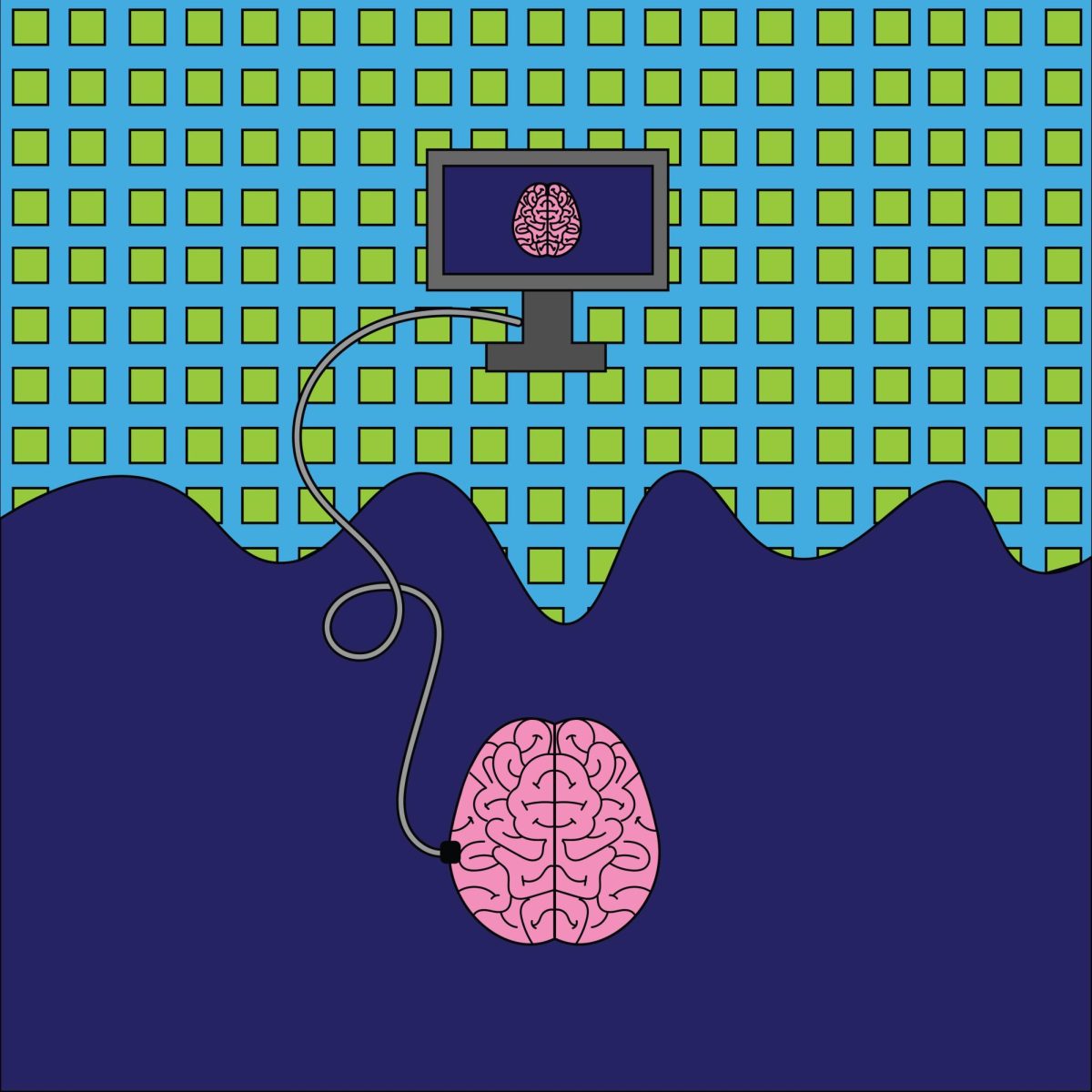Sometimes, it’s better not to dig too deep. Take Jeff Dunham, for example. I won’t argue one way or the other on whether the man is funny or not. Either you’re into racist, stale puppet-ventriloquist humor or you aren’t. But with Dunham, what you see is what you get. There’s no underlying philosophical message to his shtick. He isn’t slyly composing a meta-criticism on all that’s wrong with comedy. No, Dunham simply enjoys arguing with dolls on national television.
Luckily, most of life is not so simple. By the age of twelve, most people can see occasionally things aren’t always exactly as they appear. Objects are often made to stand for another thing completely. This is known as symbolism, and it’s used heavily in two of Tuesday’s new releases, though in vastly different ways. And luckily, there are no puppets in either one.
“Love Happens” is a genre movie to its core. Playing by all the romantic comedy rules, it matches a charming but troubled author and motivational speaker named Burke Ryan (Aaron Eckhart, “The Dark Knight”) with a effervescent, charismatic, free-spirited gardening shop owner, Eloise (Jennifer Aniston, “He’s Just Not That Into You”), who just can’t seem to find a guy that will treat her with respect. Set in Seattle, Burke has returned to the site of his late wife’s death to conduct a self-help seminar on moving past the loss of loved ones. The two meet on accident, and Burke quickly realizes he must learn to take some of his own trademarked advice before he’s truly ready to move on with his life.
From its start, “Love Happens” works hard to incorporate symbolism. The very first frames of the movie show an extreme close-up of a lemon being sliced, in a nod to the old “make lemonade” adage. Unfortunately, the writers feel obligated to spell it out for the viewers and Burke narrates a relevant line from his self-help book, explaining the metaphorical juice-making process.
After that, however, Brandon Camp (in his directorial debut) is more than happy to let the symbols speak for themselves. At his hotel in Seattle, Burke pauses halfway up the stairs and looks both up and down, the twin spirals symbolizing the important decision he will make later in the film. Right before introducing himself to Eloise — after initially bumping into her in an elevator bank — Burke takes his first drink in years, just the first of his many rules that he will break. And as Eloise gets the standard “guys can be dangerous and damaging” speech from her ditzy shop employee, she stacks pottery on tall shelves the entire time without comment.
For all he does well, Camp misses several major chances to demonstrate that he understands the ironic contrast between his own movie and the way Burke makes his living. Like many motivational speakers, Burke loves to pick on everyday occurrences and use them as metaphors relevant to the topic at hand. When it’s revealed Burke isn’t quite the man he makes himself out to be, the viewer must wonder whether the film’s symbolism should also be taken with a grain of salt. Alas, there’s no sign of recognition of this from Camp, who plows ahead with more straightforward imagery.
Nearly all of the symbolism in “Love Happens” falls into the category of implicit symbolism, which is to say meaning is seen through the objects but is not actually a part of them. The opposite approach is taken in “Zombieland,” where the symbols themselves have actual, literal importance to the motley crew of human survivors.
Set in a post-apocalyptic United States, “Zombieland” wastes almost no time with the typical z-thriller set up of how the virus spread. Instead, director Ruben Fleischer (whose only previous full length movie was a documentary called “Gumball 3000: 6 Days in May”) plunges straight into the story of a college-aged, unnamed kid referred to as “Columbus” in his hometown (Jesse Eisenberg, “Adventureland”), who has survived by following a stringent and lengthy list of rules. He eventually teams up with an obdurate cowboy-type called “Tallahassee” (Woody Harrelson, “2012”) and a set of con-girl sisters, “Wichita” and “Little-Rock” (Emma Stone, “Ghosts of Girlfriends Past,” and Abigail Breslin, “My Sister’s Keeper”), and they road trip across the treacherous wasteland that the American Southwest has become en route to a place they’ve heard is still zombie-free: a California amusement park called Pacific Playland.
Fleischer’s symbolism isn’t derived from random pieces of scenery and clever camera angles like Camp’s. Instead, he utilizes overt symbolism, by giving little plot points big meaning. Columbus’s list may be saving him from zombies, but it will never help him get the girl. He’s in search of his family, despite admitting they were never really that close. And he’s an extreme phobic, especially for clowns. Little wonder, then, that the movie’s climactic scene puts a zombie-clown between Columbus and his goal.
Further, in one well developed sub-plot, the brash Tallahassee strives to find a single Twinkie anywhere during his travels. He’s willing to walk into run-down buildings, overturned vehicles and take on zombies en masse to fulfill this simple task. Throughout the movie, Twinkies come to symbolize a return to innocence that can never be obtained, an ethereal symbol of the devastation humanity has endured.
All told, both movies work their symbolic angles well, though in dissimilar ways. Camp’s movie could probably have used a bit more self-awareness, and Fleischer’s a touch less, but the implicit symbolism of “Love Happens” and the overt symbolism of “Zombieland” make either movie — at the very least –far more engaging than tired, meaningless ventriloquism.
Lin Weeks is a sophomore majoring in finance and marketing. Upset with his omission of the DVD you were most excited about renting this week? Vent at [email protected].













